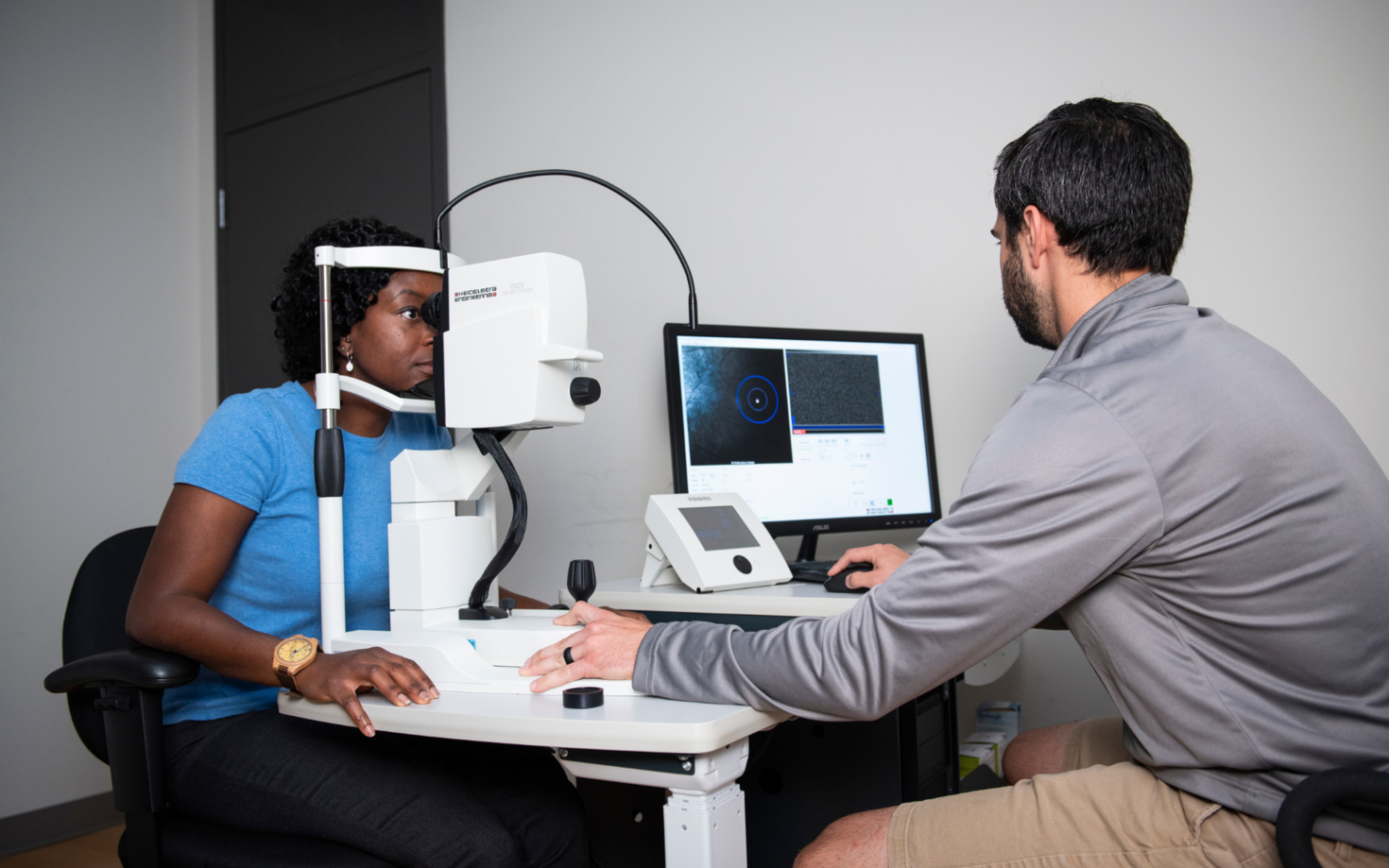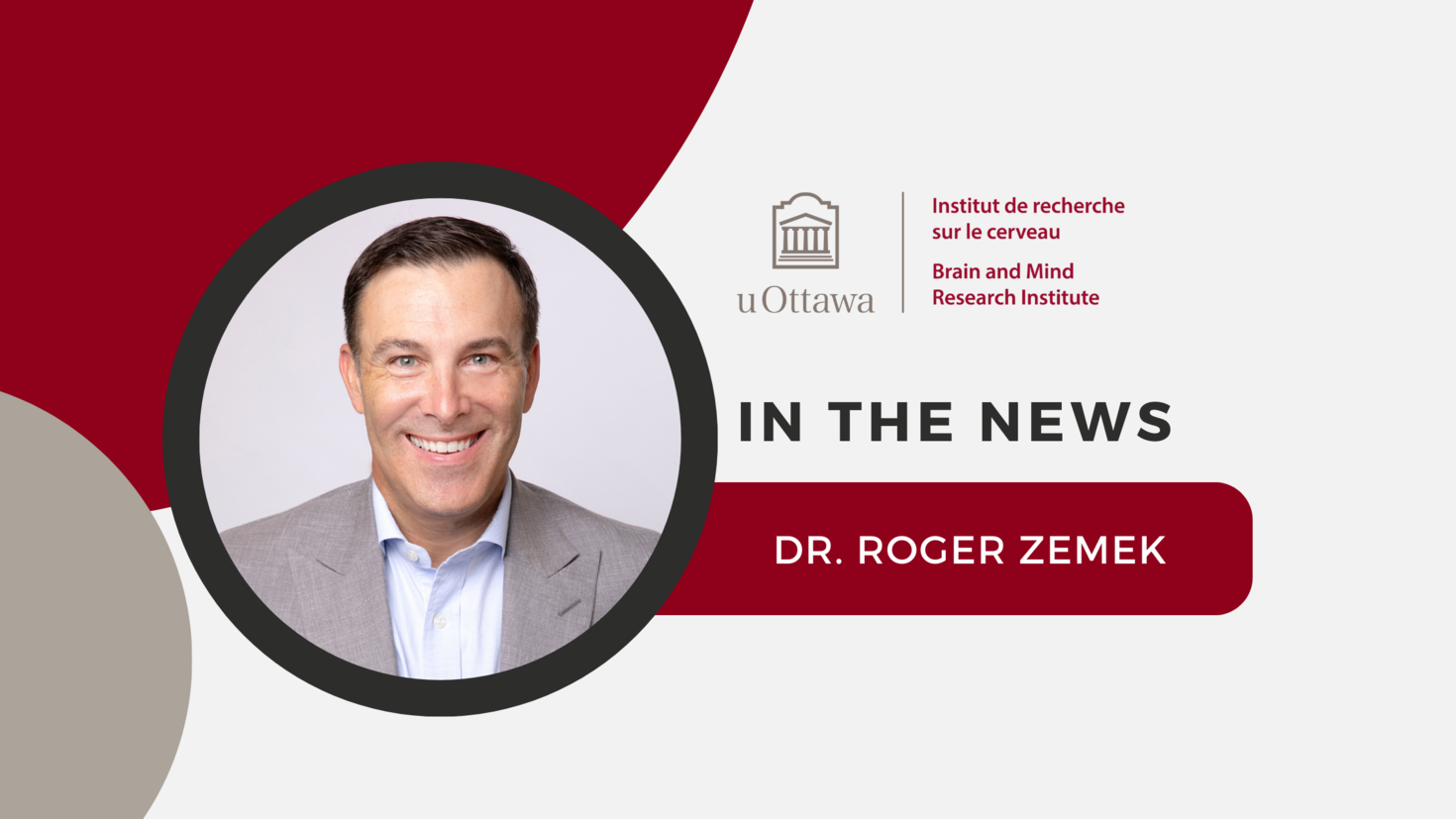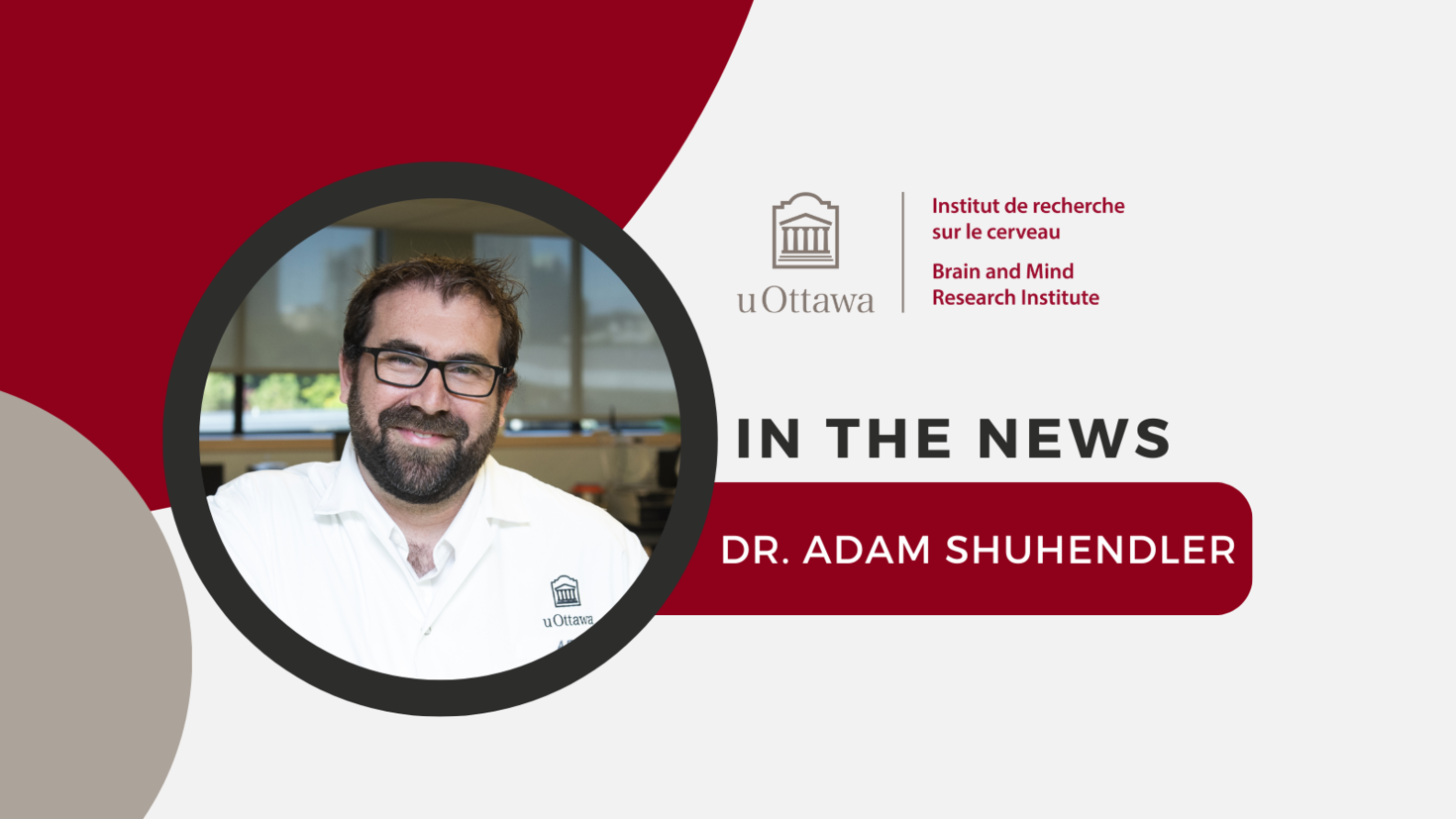Challenging norms on return to activities following concussion
Dr. Roger Zemek’s current work is providing support for the growing belief that prolonged absences from school and other activities after a child has a concussion may be detrimental for recovery. In fact, an earlier return to school may help reduce the symptoms of concussion and may lead, ultimately, to a faster recovery. Results from his studies suggest that returning to school is important even if the child is experiencing a few concussion symptoms as this will help their recovery process. Although staying home for a couple of days may be necessary, extended absences can be harmful, causing symptoms to get worse and ultimately slow recovery. This work supports the belief that a slow and controlled introduction back to school and social activities is important, while staying away from high-risk activities such as contact sports.
These results are further supported by work from Dr. Zemek and CHEO researcher Dr. Andree-Anne Ledoux who showed that returning to non-contact physical activity 72 hours after a concussion is safe and may reduce symptoms. These results, and subsequent guidelines, came from a large randomized clinical trial in children and youth aged 10 to 18 called PedCARE. It showed that a controlled return to physical activity was able to both, reduce concussion symptoms, and speed recovery. This study set out guidelines for gradually re-introducing physical activity into the youth’s routine. Suggesting that starting 72 hours after the concussion, the youth should begin walking for 15 minutes, and if tolerated, intensity should be increased the following day. Eventually the youth can work up to jogging and ultimately non-contact sports. It was noted that the pace should always be set out by what can be tolerated by the youth and that the return to contact sports must be cleared by the youth’s physician.
Concussion and mental health
Dr. Ledoux is also incorporating mindfulness-based interventions to help improve concussion symptoms though a collaboration with Mobio Interactive. They are performing a randomized controlled clinical trial in youth to explore the benefits of mindfulness in managing symptoms and improving recovery post-concussion. This will be done through a mobile platform called AmDTx, which delivers clinically validated psychotherapy programs which are personalized, ensuring that anyone who experiences concussion, no matter where they live, can have access to this treatment.
Other research by Drs. Ledoux and Zemek is investigating the mental health outcome of youth following concussion. Their investigations show that youth who sustain a concussion are at a 40% higher risk of mental health issues, psychiatric hospitalization, and self-harm compared to those who sustain an orthopaedic injury. The results suggest that health care providers need to assess for pre-existing and new mental health symptoms throughout concussion recovery, and if present, treat these conditions right away. Of upmost importance is to assess suicidal ideation and self-harm behaviours during evaluations and follow-up visits, so that interventions can be put in place.


